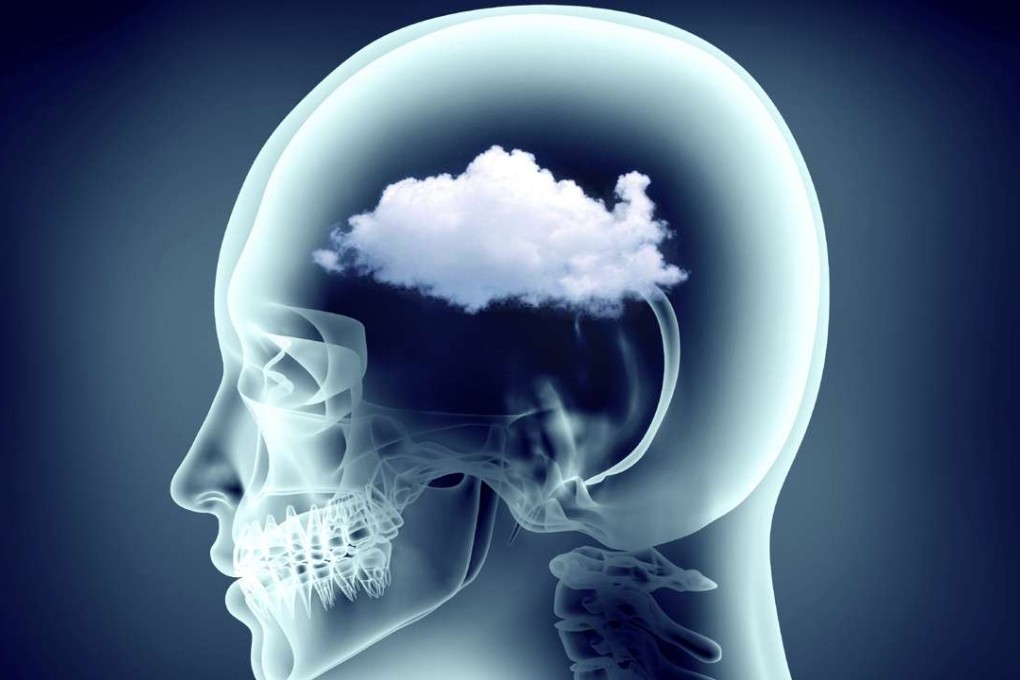How to unlock the power of mental imagery to lift performance and aid recovery
The mind and senses can recall and create physical sensations and improve athletic prowess, correct movement and heal injuries faster

Try this: lift your arm up over your head as high as you can. Put your arm down, and now imagine a jar on the top shelf of a cupboard. Take it down and hand it to me, please.
Did you notice that you did two very different movements? Not only is the range of motion different in the arm, the quality of the movement is different.
In the first instance, the mind (nervous system) recruits the arm to lift to the range the mind believes the arm is capable of extending at the shoulder. In the second instance, the mental preparation is completely different; the goal is to lift the object off the shelf, so the mind brings the shelf within reach of shoulder girdle extension, with full body intention – slight rotation of the trunk recruiting the abdominals, back extensors – and preparation to receive the load as the object is picked up, thereby creating greater shoulder, elbow and wrist stabilisation.
Try it on someone who hasn’t read this article and observe the difference in movement, as well as the belief in performing the movement successfully. You will witness the difference between simple muscular conditioning and neural training through imagery.

Another important characteristic of imagery is that it is multisensory, involving all five senses. Although the terms imagery and visualisation are sometimes used interchangeably, imagery is more than just visual recall. In fact, the more senses are invoked, the more powerful the image and neural recall. Of particular importance is kinesthetic recall (how a muscle feels as it moves), as well as touch (tactile), sound (auditory), smell (olfactory), and taste (gustatory).